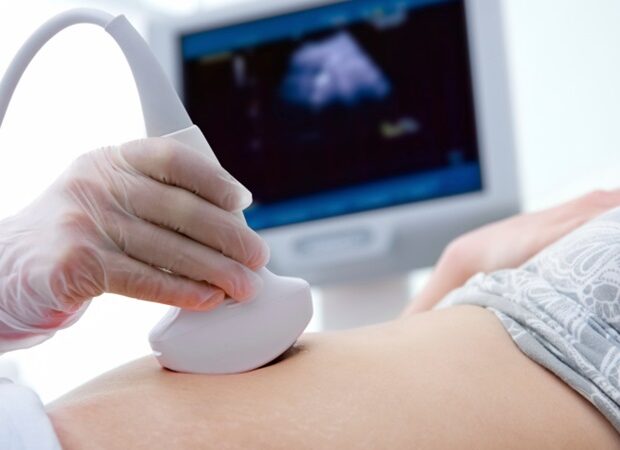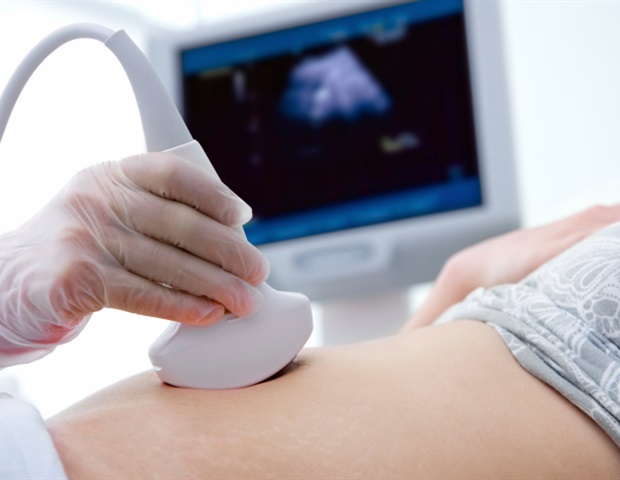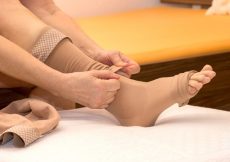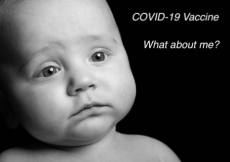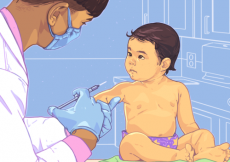A routine prenatal ultrasound in the second trimester can identify early signs of Autism Spectrum Disorder (ASD), a new study by Ben-Gurion University of the Negev and Soroka Medical Center has found.
Researchers from the Azrieli National Centre for Autism and Neurodevelopment Research published their findings recently in the prestigious peer-reviewed journal Brain.
The researchers examined data from hundreds of prenatal ultrasound scans from the fetal anatomy survey conducted during mid-gestation. They found anomalies in the heart, kidneys, and head in 30% of fetuses who later developed ASD, a three times higher rate than was found in typically developing fetuses from the general population and twice as high as their typically developing siblings.
Anomalies were detected more often in girls than in boys and the severity of the anomalies was also linked to the subsequent severity of ASD.
This study and others will be discussed at the Israeli Meeting for Autism Research to be held February 15-16 at BGU. The press is invited to attend. For more information and to register, click here.
Prof. Idan Menashe, a member of the Centre and the Department of Public Health in the Faculty of Health Sciences, led the research with his MD/PhD student Ohad Regev.
Doctors can use these signs, discernable during a routine ultrasound, to evaluate the probability of the child being born with ASD. Previous studies have shown that children born with congenital diseases, primarily those involving the heart and kidneys, had a higher chance of developing ASD. Our findings suggest that certain types of ASD that involve other organ anomalies, begin and can be detected in utero.”
Prof. Idan Menashe
A previous study of the Centre found early diagnosis and treatment increased social ability by three times as much. Prenatal diagnosis could mean a course of treatment from birth instead of waiting until age 2 or 3 or even later.
The study was conducted as part of Ohad Regev’s doctoral thesis, advised by Prof. Idan Menashe and Prof. Reli Hershkovitz. Additional researchers from Ben-Gurion University and Soroka Medical Center included: Dr. Amnon Hadar, Dr. Gal Meiri, Dr. Hagit Flusser, Dr. Analya Michaelovski, and Prof. Ilan Dinstein.
This study was supported by a grant from the Israel Science Foundation (No. 1092/21) and made use of the National Autism Database supported by the Ministry of Innovation, Science and Technology, and the Azrieli Foundation.
Source:
Ben-Gurion University of the Negev
Journal reference:
Regev, O., et al. (2022) Association between ultrasonography foetal anomalies and autism spectrum disorder. Brain. doi.org/10.1093/brain/awac008.

